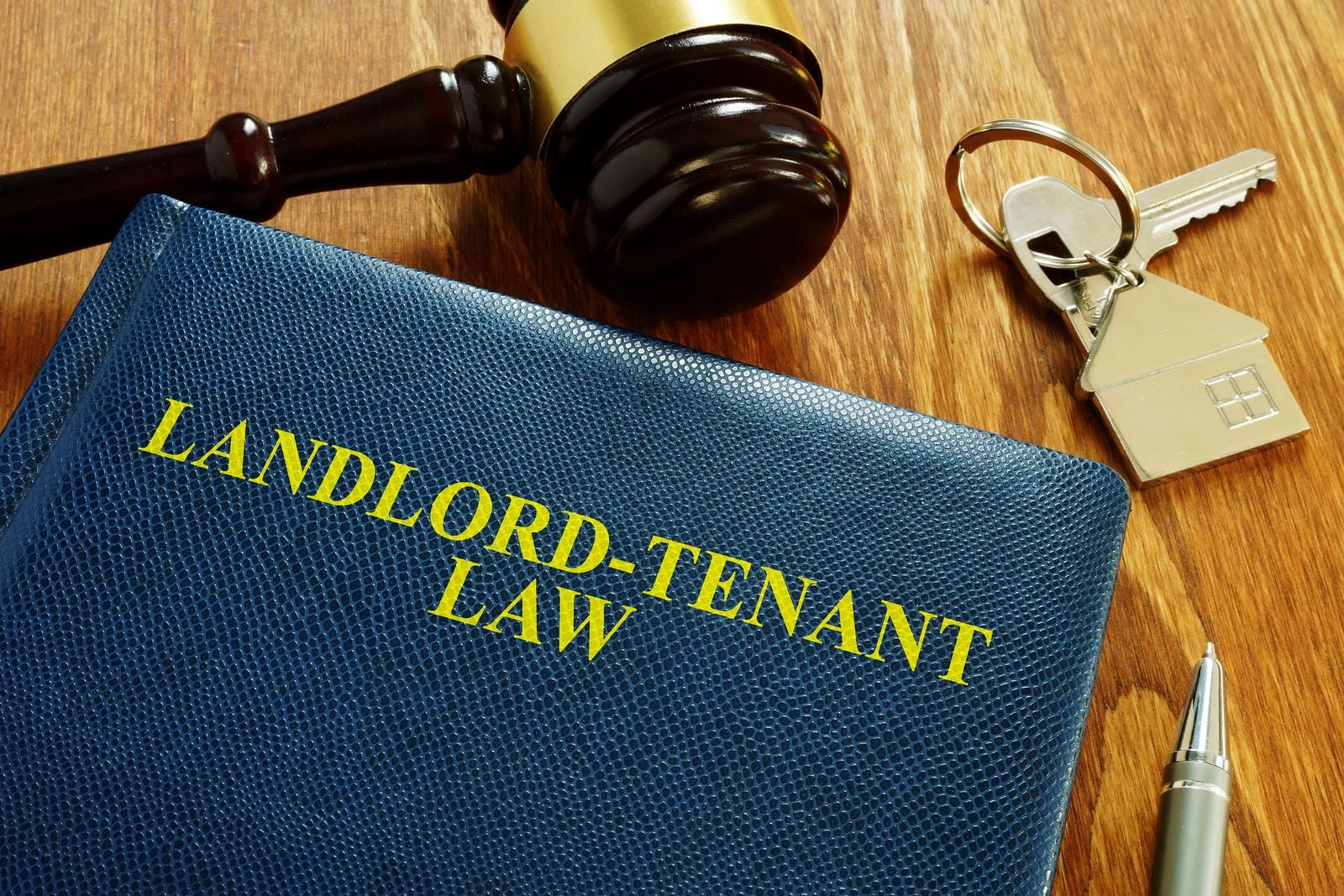Landlord-tenant relationships are governed by a complex set of laws and regulations in the United States. Both landlords and tenants have rights and responsibilities that are designed to protect their interests and ensure a fair and harmonious living arrangement. Understanding these rights and responsibilities is essential for both parties to maintain a positive and mutually beneficial rental experience.
1. Tenant Rights
a. Right to a Habitable Property
Tenants have the right to live in a property that meets basic standards of habitability. This includes ensuring that the property is structurally sound, has adequate heating, plumbing, and electricity, and is free from health hazards such as mold or pests.
b. Right to Privacy
Tenants have the right to privacy in their rental unit. Landlords must provide advance notice before entering the property for non-emergency reasons, and they cannot enter the property without permission except in specific circumstances outlined by law.
c. Right to Non-Discrimination
It is illegal for landlords to discriminate against tenants based on factors such as race, religion, national origin, gender, familial status, disability, or other protected characteristics.
d. Right to a Return of Security Deposit
At the end of the lease term, tenants have the right to receive a return of their security deposit, minus any deductions for damages beyond normal wear and tear.
2. Landlord Rights
a. Right to Collect Rent
Landlords have the right to collect rent from tenants in a timely manner as specified by the terms of the lease agreement.
b. Right to Evict for Non-Payment or Violation of Lease Terms
Landlords have the right to evict tenants who fail to pay rent or violate other terms of the lease agreement, subject to the legal eviction process outlined by state law.
c. Right to Maintain Property
Landlords have the right to enter the rental property for maintenance and repairs, provided they give proper notice to the tenant.
d. Right to Screen Tenants
Landlords have the right to screen potential tenants for factors such as credit history, rental history, and criminal background, as long as they do not unlawfully discriminate against protected classes.
3. Tenant Responsibilities
a. Paying Rent on Time
Tenants are responsible for paying rent in full and on time as specified by the terms of the lease agreement.
b. Maintaining the Property
Tenants are responsible for keeping the rental unit clean and in good condition, and for promptly reporting any maintenance issues to the landlord.
c. Following Lease Terms
Tenants are responsible for adhering to the terms of the lease agreement, including restrictions on activities such as subleasing or having pets.
d. Respecting Neighbors
Tenants are responsible for respecting the rights and privacy of their neighbors, and for not engaging in behavior that disturbs the peace or violates local ordinances.
4. Landlord Responsibilities
a. Providing Habitability
Landlords are responsible for providing a safe and habitable living environment for tenants, including ensuring that the property meets building codes and addressing any maintenance issues in a timely manner.
b. Handling Security Deposits Properly
Landlords are responsible for handling security deposits in accordance with state law, including providing an itemized list of deductions and returning any remaining deposit to the tenant within the required timeframe.
c. Respecting Tenant Privacy
Landlords are responsible for respecting the privacy of tenants and providing advance notice before entering the rental property, except in cases of emergency.
d. Following Legal Procedures for Eviction
Landlords must follow the legal eviction process outlined by state law if they wish to remove a tenant from the property for non-payment of rent or other lease violations.
Frequently Asked Questions (FAQs)
Q: Can a landlord evict a tenant without cause? A: In most states, landlords can only evict tenants for specific reasons outlined by law, such as non-payment of rent or violation of lease terms. However, some jurisdictions may allow for “no-cause” evictions under certain circumstances.
Q: Can a tenant withhold rent for maintenance issues? A: In some states, tenants may have the right to withhold rent or take other legal action if the landlord fails to address significant maintenance issues that affect habitability. However, tenants should proceed with caution and consult with a legal professional before taking such action.
Q: Can a landlord raise the rent at any time? A: Landlords generally have the right to raise the rent at the end of a lease term or with proper notice, as specified by state law. However, there may be limitations on how much and how often rent can be increased, depending on local rent control ordinances or other regulations.
Q: Can a landlord enter the rental property whenever they want? A: No, landlords must provide advance notice before entering the rental property for non-emergency reasons, except in specific circumstances outlined by law. The amount of notice required varies by state law but is typically 24 to 48 hours.
Q: What should I do if I feel my rights as a tenant are being violated? A: If you believe your rights as a tenant are being violated, you should document the situation and attempt to resolve the issue with your landlord directly. If you are unable to reach a resolution, you may consider seeking assistance from a legal aid organization or tenant advocacy group in your area.


